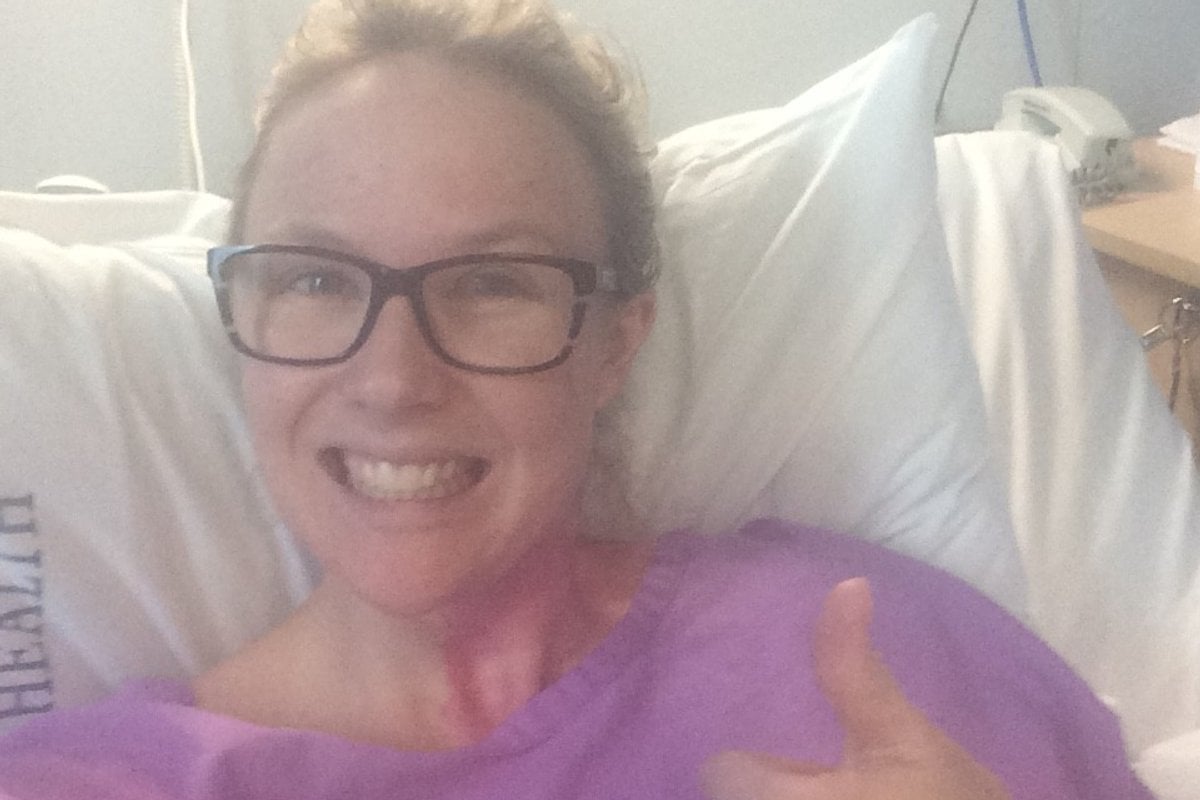
Growing up, dizziness and lightheadedness were a part of life for Katie McLeod.
Throughout her teens, the dizzy spells came occasionally — they were regular enough to notice, but not enough to cause any major concern.
As she got older, the intensity of the episodes increased, causing her to feel more faint, more dizzy, each time. And then one day, while Katie was studying at university, she fainted.
At the time, she put it down to low blood pressure, or blood sugar. But then, the episodes started happening more frequently, and she knew it was time to see a doctor.
Watch: 'Prepare For Worst, Hope For The Best' Royal Flying Doctors. Article continues below.
"In 2015 it started occurring almost every day. Sometimes multiple times a day," says Katie.
Although she'd put up with the dizziness for years, fainting was another story, so she booked an appointment with a GP.
The doctor put her symptoms down to general fatigue and low iron. It didn't sit right with Katie, so she sought a second opinion.
